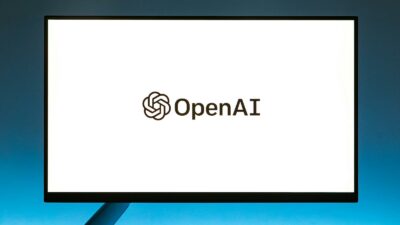On February 17, 2009, analog television signals—the mode of TV delivery since the 1940s—will be completely replaced by digital. Here are the basics behind this monumental change, and what it means for TV viewers.
Digital vs. Analog
Simply put, a digital signal is an improvement over analog. Analog signals are susceptible to interference or “noise.” Digital signals are more efficient, providing better picture and sound, and the opportunity to broadcast multiple content streams.


Big Broadcast Changes
How dramatic is the digital transition? Eighteen broadcast channels—52 through 69 on the UHF band—will no longer exist. Since digital delivery frees up space, TV broadcasts along those frequencies will be discontinued. Roughly 145 stations in the US currently use those channels, and nearly all will continue on digital channels.

The newly available space won’t stay empty for long. The Federal Communications Commission (FCC) has begun accepting auction bids on five portions of the 700 MHz frequency (don’t bother unless you have a couple billion dollars). Additionally, a small section, 20 MHz in size, has been set aside for public safety communications.
A Date with Digital
 What will it mean to you when
What will it mean to you when
stations and providers cease analog
signals in February 2009? That
depends on the equipment you use
to watch television.
There’s no need to do anything if:
You subscribe to digital cable TV
You subscribe to satellite TV programming, like DirecTV or DISH Network
You receive over-the-air TV signals with an antenna and digital TV,
or antenna and digital tuner
You’ll want to take action if:
You have an analog TV and receive signals via antenna. In this case, you’ll need to purchase a converter box to watch digital programming
The good news:
The government is offering converter box coupons worth $40 each. To learn more and see if you’re eligible, visit the TV Converter Box Coupon Program website.
[Via: Bose]

Frank Wilson is a retired teacher with over 30 years of combined experience in the education, small business technology, and real estate business. He now blogs as a hobby and spends most days tinkering with old computers. Wilson is passionate about tech, enjoys fishing, and loves drinking beer.










